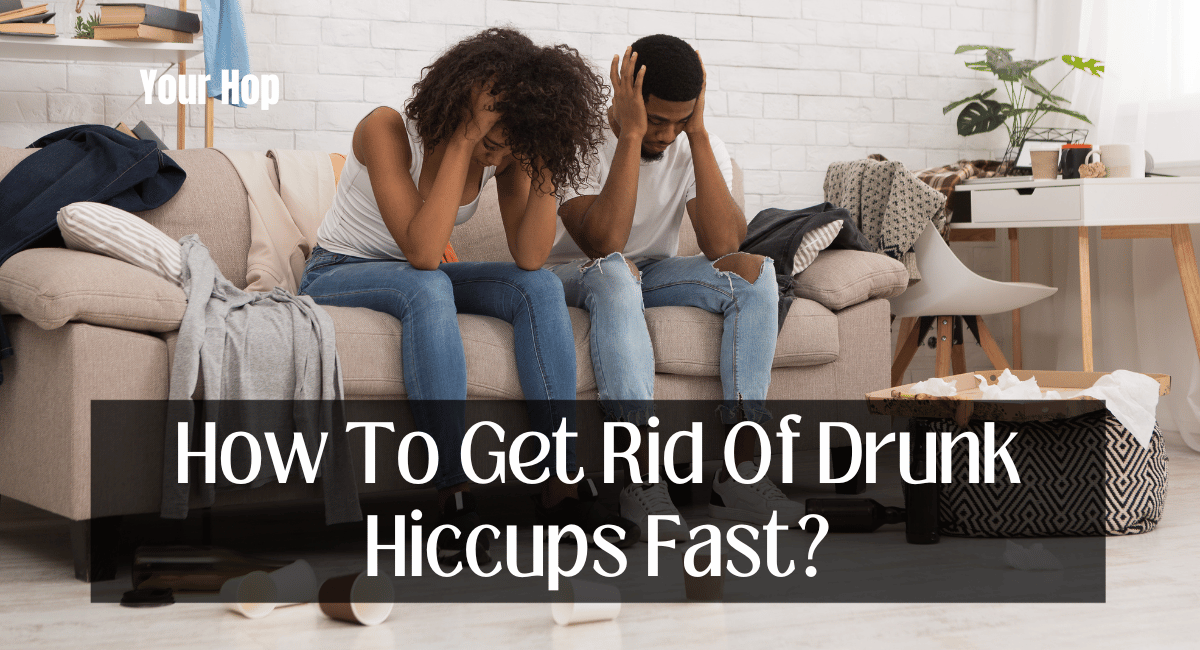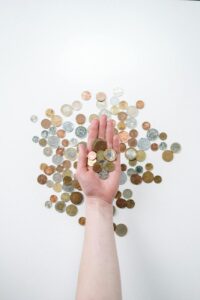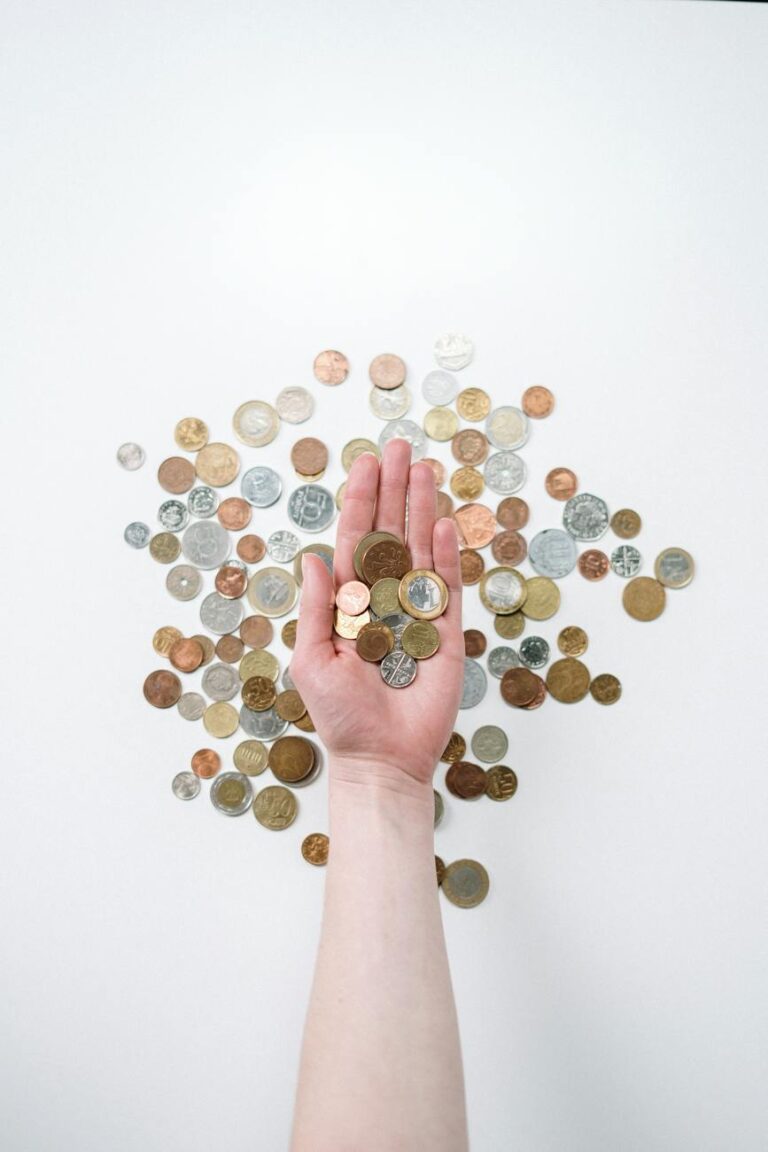We’ve all been there: a nice night out with pals, a few drinks, and then the dreaded drunk hiccups strike. They may be funny at first, but if they continue, they can become quite bothersome.
In this article, we’ll look at why we get hiccups when we’re drunk and, more importantly, how to get rid of them quickly so you can get back to enjoying your night.
Table of Contents
How To Get Rid Of Drunk Hiccups Fast?
Hiccups can develop after drinking alcohol, but there is no guaranteed way to get rid of them immediately. Involuntary contractions of the diaphragm muscle produce hiccups, and there are a few strategies and cures that can help you get rid of them. Here are some techniques to try:
Holding Your Breath:
Holding your breath essentially disrupts the natural breathing cycle. This motion might reset the rhythmic contractions of the diaphragm, which are creating the hiccups. Take a deep breath and attempt to hold it for as long as possible. This is a simple and widely suggested strategy for preventing hiccups.
Sipping Water:
Sipping cold water can help stimulate the vagus nerve, which is involved in the hiccup reflex. This stimulation is supposed to stop hiccups by interrupting aberrant diaphragm contractions. Drinking too rapidly might aggravate hiccups, so take tiny sips.
Breathing Into A Paper Bag:
Breathing into a paper bag raises the carbon dioxide levels in your system. This may have an effect on the vagus nerve and interrupt the hiccup cycle. This approach, however, should be used with caution because inhaling too much carbon dioxide might be dangerous. Do this only briefly (1-2 minutes) and make sure the bag is not totally wrapped over your face.
Swallowing A Teaspoon Of Sugar:
It is thought that consuming a spoonful of sugar stimulates the vagus nerve. Sugar’s grainy texture may also add to this impact. This procedure is a quick and easy hiccup treatment.
Using A Popsicle Stick:
Placing a popsicle stick horizontally on your tongue and gently pressing it against the base of your tongue may cause the gag reflex to activate. This reaction can cause hiccup contractions to stop for a short time. Remember to move slowly and deliberately.
Gargling With Cold Water:
Gargling with cold water can help to stimulate the throat and possibly disrupt the hiccup cycle. The temperature and sensation of the water can serve as a distraction, aiding in the relief of hiccups.
Sour Or Bitter Foods:
Foods with a sour or bitter taste can sometimes shock the vagus nerve, causing hiccups to stop. Methods to try include sucking on a lemon wedge or eating a few drops of bitters.
Pulling Your Knees To Your Chest:
Sitting down and pulling your knees up to your chest might change the pressure on your diaphragm. It may help reduce diaphragm strain and pressure, thereby preventing hiccups.
Over-The-Counter Medicines:
In cases where hiccups are caused by digestive disorders, over-the-counter medicines such as antacids or anti-gas drugs can be helpful. These products can cause hiccups by reducing stomach acidity and gas.
Distract Yourself:
Stress or anxiety can occasionally cause hiccups. Distracting yourself with an activity can take your attention away from the hiccups and potentially interrupt the reflex. Laughter, deep breathing exercises, or a talk with a friend can all be excellent distractions.
What Causes It?
A hiccup is an uncontrollable spasm. The diaphragm is a trusted source of the muscular sheet that separates the chest from the abdomen and promotes breathing. The voice chords close when the diaphragm contracts, resulting in a hiccup sound.
The vagus and phrenic nerves are important in this reaction. The hiccup reflex can be triggered by irritation or stimulation of these nerves, such as a bloated stomach or a sudden temperature shift.
This reaction can be triggered by a number of alcohol-related factors, including:
Irritation Of The Stomach And Esophagus: Alcohol can irritate the stomach lining and the esophagus, especially if consumed quickly or in high quantities. Because the vagus nerve travels close to these sites, any irritation might cause hiccups.
Carbonation And Temperature: Carbonated drinks can cause the stomach to expand, exerting pressure on the diaphragm. Similarly, the fast temperature shift caused by drinking a cold drink can set off the reaction.
Overconsumption: Drinking too much can cause stomach distension, which irritates the diaphragm and surrounding nerves, increasing the probability of hiccups.
Are Getting Hiccups After Drinking Dangerous?
Most hiccups caused by alcohol are transitory, innocuous, and more of an irritation than a health problem.
In rare circumstances, hiccups can last for days, months, or even years. Singultus is the medical term for this condition.
Chronic hiccups are a significant medical issue that can cause insomnia, tiredness, and weight loss if the sufferer is unable to eat. If a person experiences hiccups for more than 48 hours, they should see a doctor.
How To Avoid Hiccups While Drinking Alcohol?
Although hiccups are normally harmless, they can be bothersome and disturbing. Here are some suggestions to help you avoid hiccups while drinking alcohol:
Drink Slowly:
Slowly sipping your drink can help prevent hiccups. It allows your body to digest the alcohol and lowers the possibility of irritating your diaphragm.
Avoid Carbonated Beverages:
Carbonated beverages, such as beer and champagne, might increase the likelihood of hiccups by causing gas to build up in your stomach. Instead, choose non-carbonated beverages.
Eat Something Before You Start Drinking:
Eating something before you start drinking can assist in decreasing the absorption of alcohol into your bloodstream. This can lessen the impact of alcohol on your diaphragm and lower the likelihood of hiccups.
Relax:
Because stress and anxiety can cause hiccups, try to calm down before you start drinking. To calm your nerves, take slow breaths, relax, or perform some gentle stretching.
By following these guidelines, you may be able to avoid hiccups while drinking alcohol. If you do get hiccups, remember that they are normally harmless and will go away on their own in a short period of time.
Thanks for reading. I hope you find it helpful.






